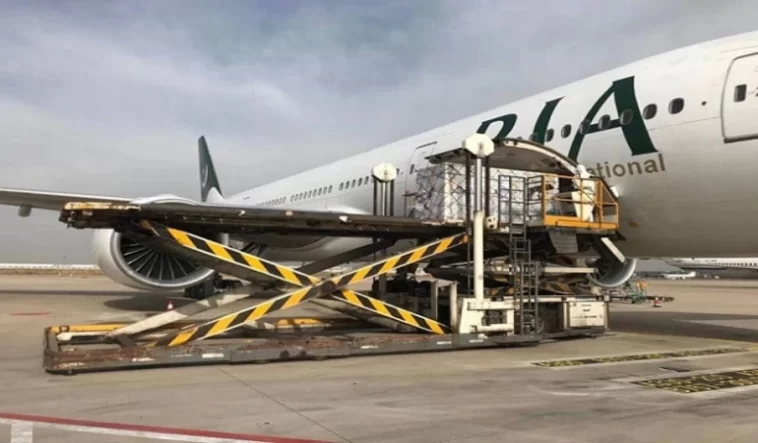According to a statement from the British High Commission, the UK State Safety Partnership (SSP) team has concluded its 12-day visit to Pakistan, aimed at improving air safety performance and strengthening relationships with the Pakistan Civil Aviation Authority (PCAA).
It was funded by the UK Department for Transport and the goal of the visit was to lay the groundwork for a long-term collaboration on safety performance, as well as share best practices with the PCAA and the industry.
Despite the fact that all air carriers certified by the PCAA remain on the UK’s Air Safety List due to safety concerns, the SSP team’s visit is expected to help Pakistan’s authorities achieve compliance with international safety standards and remove the country from the list. Nevertheless, the British High Commission clarified that the visit would not directly result in Pakistan being removed from the list.
The British High Commission in Islamabad’s Chargé d’Affaires, Andrew Dalgleish, emphasised the value of direct flights between the UK and Pakistan for trade and interpersonal relations. Additionally, he stated that the British High Commission was dedicated to assisting the Pakistani government in achieving compliance for the good of the people in both nations.
Pakistan must show that it complies with global safety standards in order to be removed from the Air Safety List, which calls for the submission of supporting documentation, on-site inspections, and technical hearings. Capt. Malcolm Rusby, head of the State Safety Partnership Programme for the UK CAA, oversaw the audit of the PCAA and Pakistan International Airlines (PIA), which was carried out in Karachi.
Several sources indicate that the European Union Aviation Safety Agency (EASA) will conduct another audit in Pakistan in March or April, following which the ban on Pakistani airlines to European countries is expected to be lifted.


